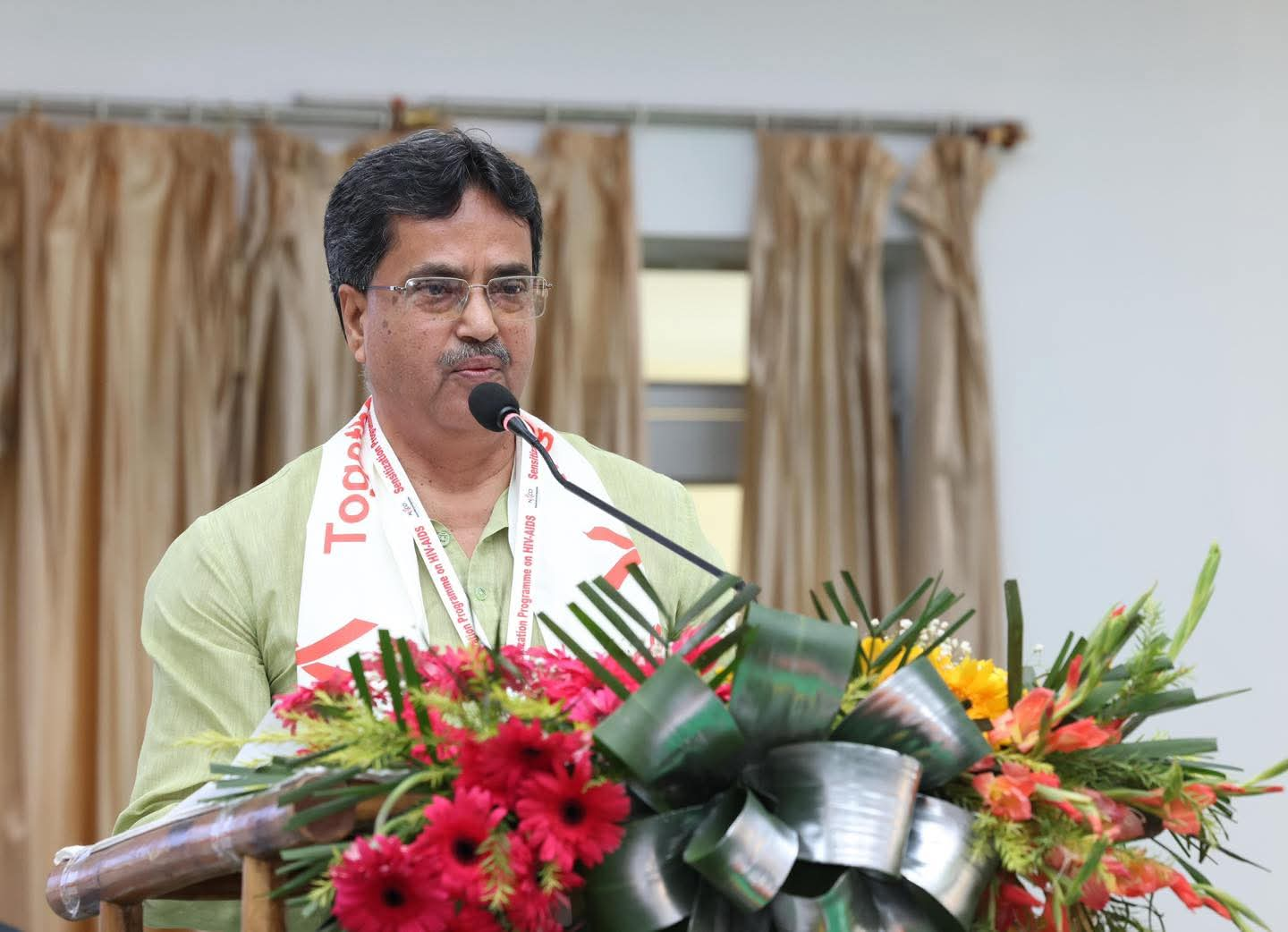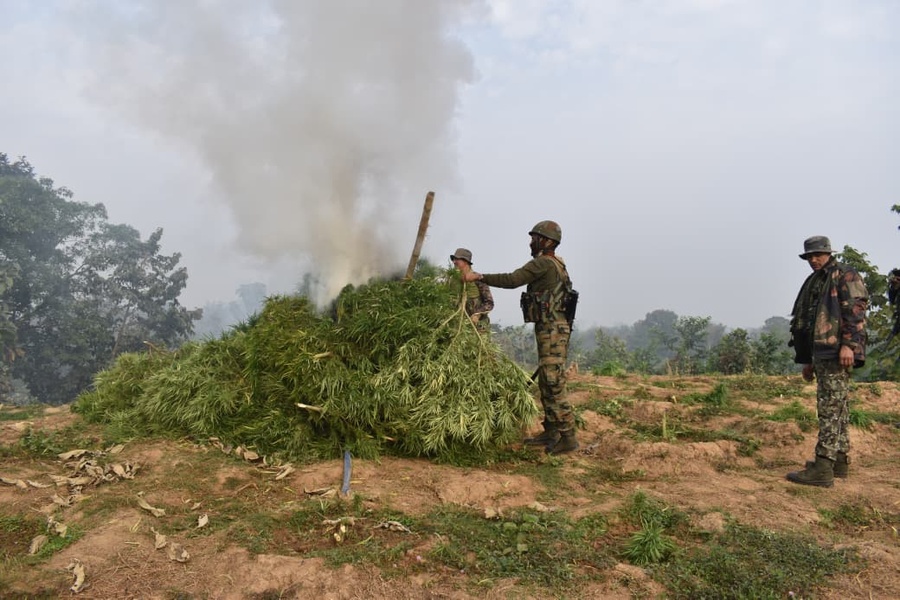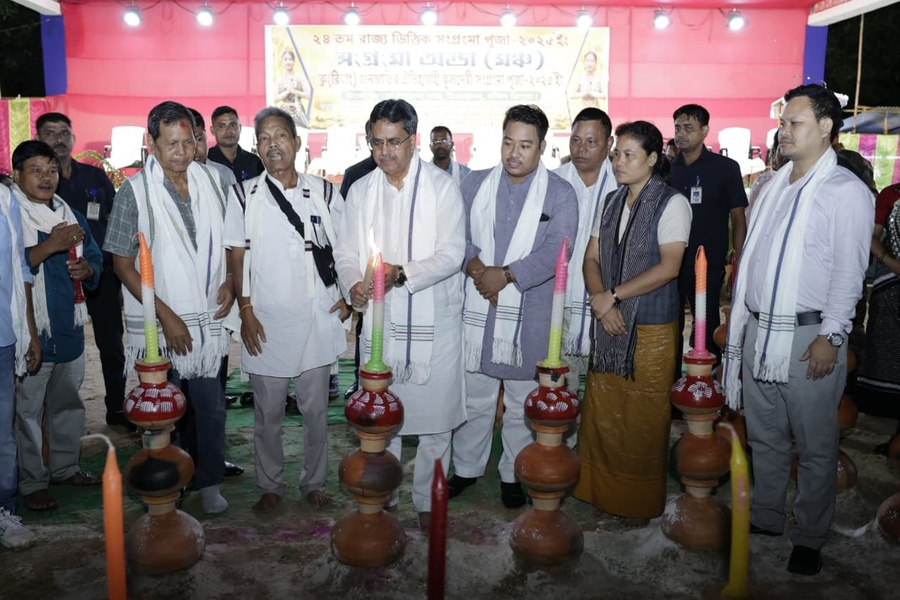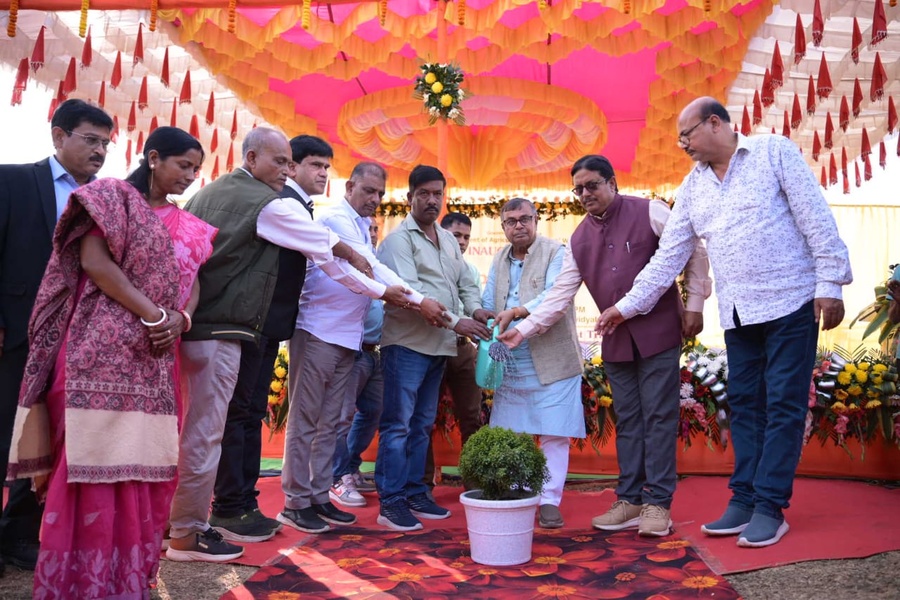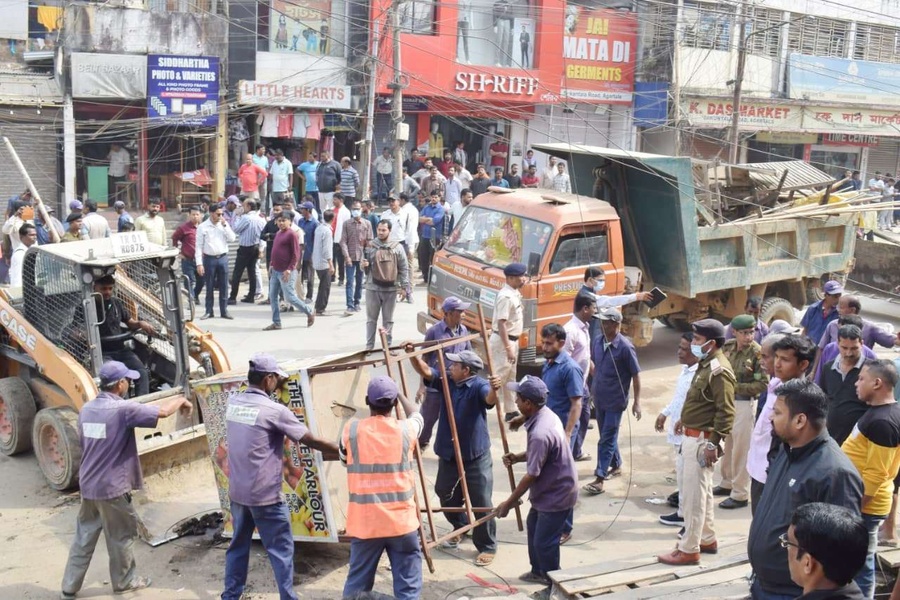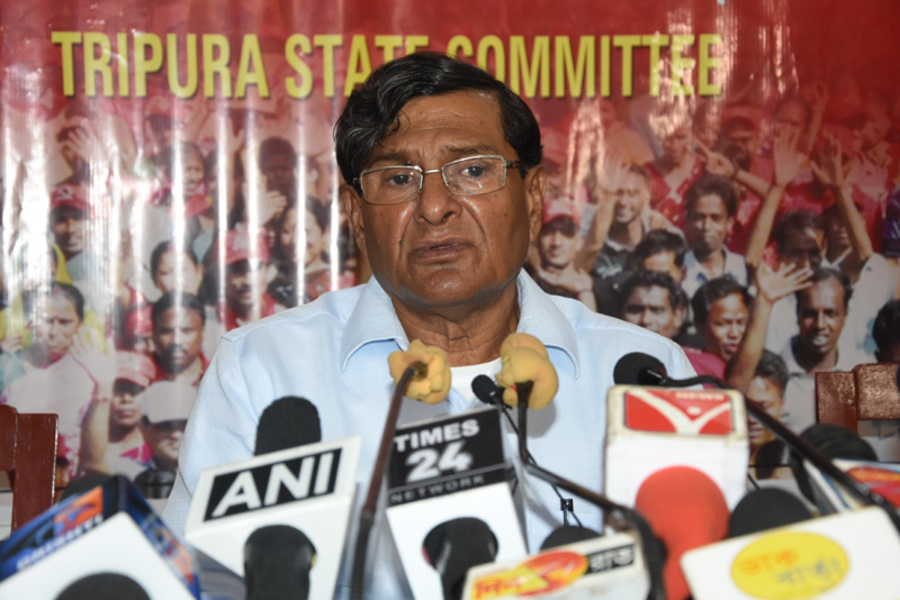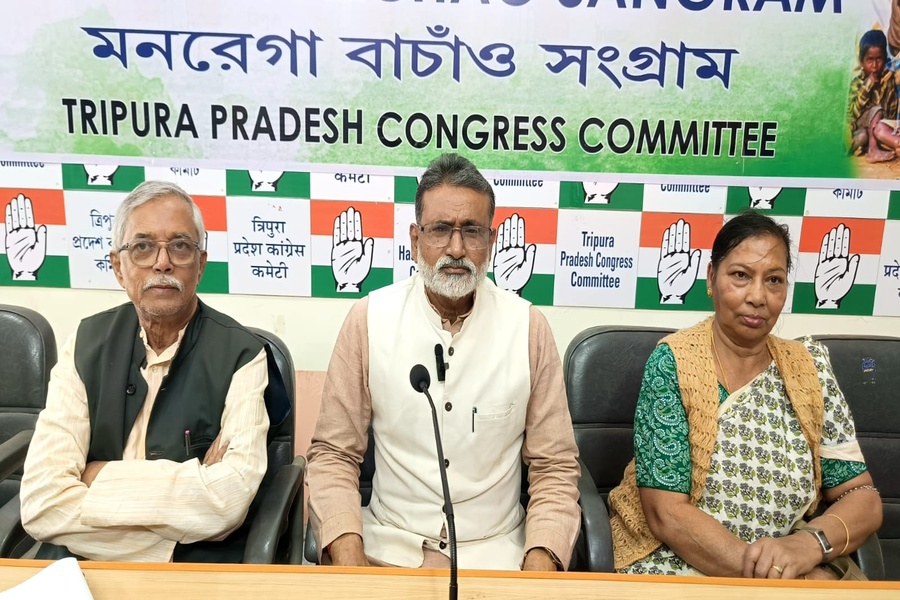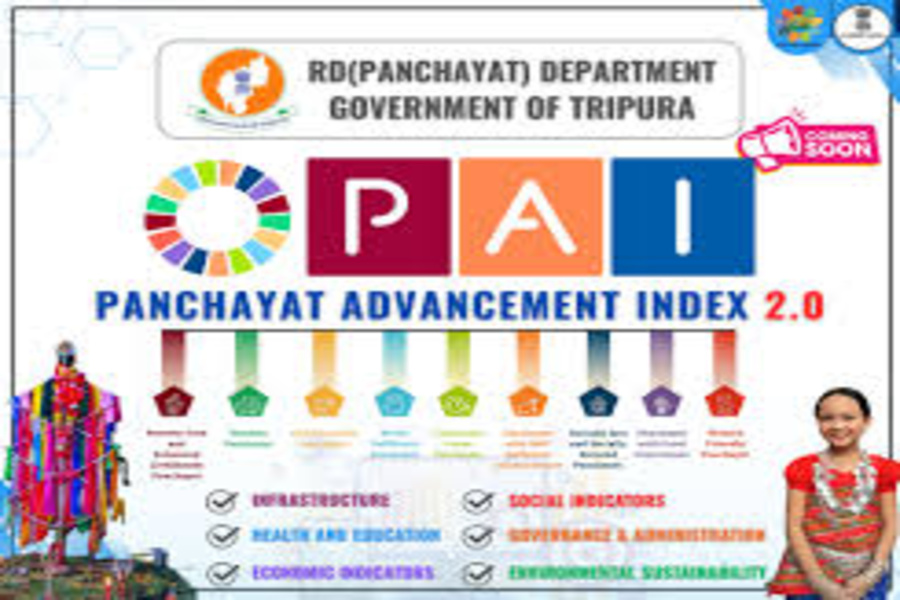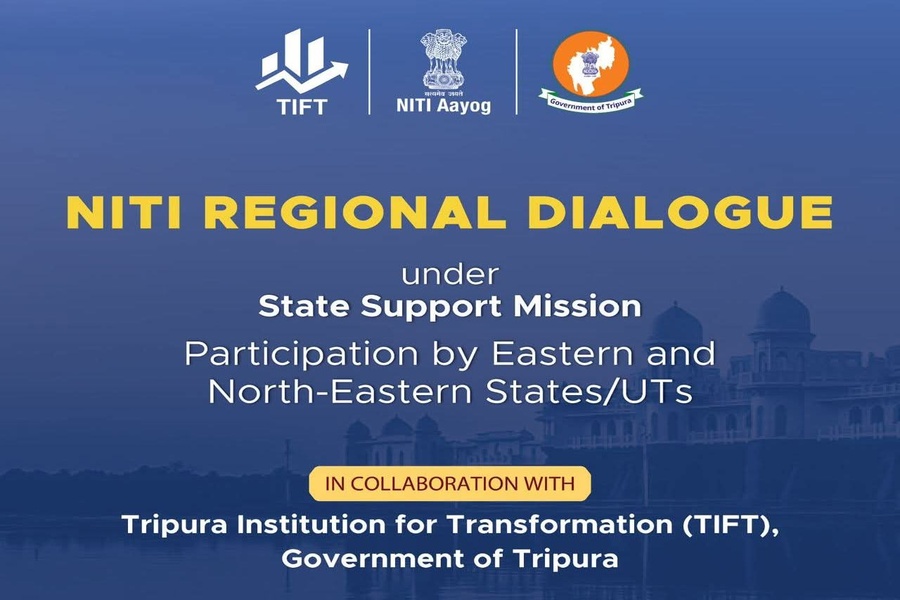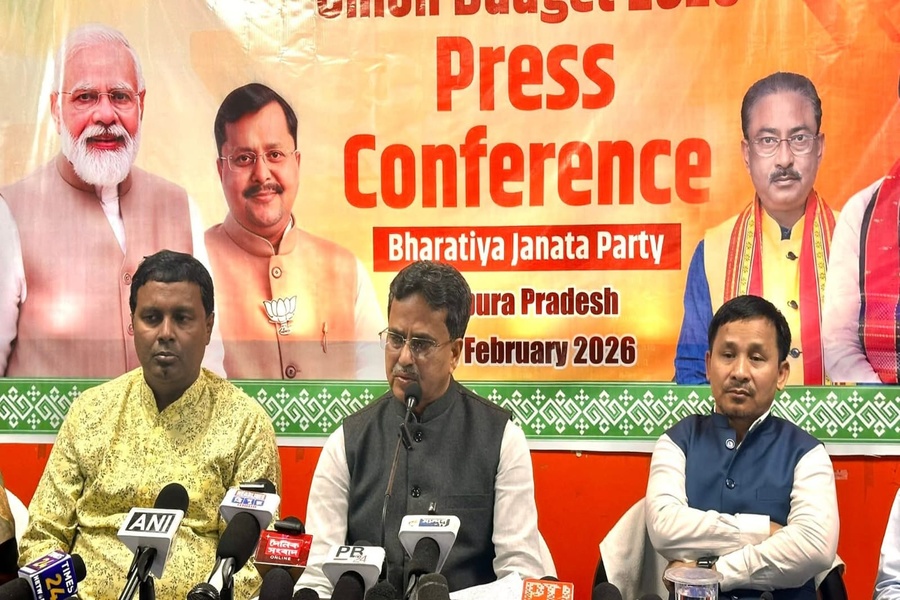Chief Minister Dr. Manik Saha today announced that the state government is planning to introduce a dedicated chapter on Sex Education and HIV/AIDS awareness in the school curriculum for Classes 8 to 12.
The move, he said, aims to create awareness among students and equip them with essential knowledge about sexual health and prevention of the virus.
Speaking at an awareness programme organised by the Tripura State AIDS Control Society in the lobby of the Tripura Legislative Assembly, Dr. Saha—who also holds the Health portfolio—said discussions will soon be held with the Education Department to implement this initiative.
"Such discussions are crucial. Questions regarding HIV/AIDS are often raised in the Assembly, and we must collectively address them. The time has come for all of us to act unitedly in the fight against HIV/AIDS," said Dr. Saha in the presence of members of the Tripura Legislative Forum on HIV/AIDS.
He stressed that regular screenings have helped authorities identify the number of people affected, much like the mass testing witnessed during the COVID-19 pandemic.
Dr. Saha added, "If leaders take just five minutes during their public addresses to speak on this issue, it could go a long way in creating lasting awareness among the masses."
Noting the rise in HIV/AIDS cases, the Chief Minister attributed several factors, including the state's porous international border with Bangladesh and the influx of drugs, as contributing causes. He asserted that increasing public awareness by openly discussing the root causes of HIV/AIDS can play a transformative role.
"Yes, drugs do enter the state. But if we increase awareness, particularly among the youth, we can bring about change. We are considering incorporating Sex Education and HIV/AIDS awareness in the school curriculum from Classes 8 to 12. This is not a matter of controversy—it is a necessity," Dr. Saha emphasized.
He further encouraged community participation, suggesting that MLAs could contribute from their funds to support HIV/AIDS patients. “Both boys and girls are equally affected. We must engage youth in sports, cultural activities, and other creative pursuits to divert them from drug addiction and reduce their vulnerability to HIV/AIDS,” he said.
Reiterating his government’s firm stance, Dr. Saha stated that Tripura maintains zero tolerance towards drugs. “Compared to 2023, drug seizures this year have gone up by 106%, and the destruction of seized drugs has increased by 132%.”
Highlighting Tripura’s pioneering role in awareness initiatives, he added, “We were the first state in India to introduce Red Ribbon Clubs in schools. These efforts are aimed at empowering students. We also plan to create youth ambassadors to spearhead campaigns against drug abuse.”
He concluded with an appeal to keep the issue above politics. “We must identify the underlying causes behind the rise in HIV/AIDS cases. This is a virus—it knows no political colour. Let’s not politicize it, but unite in our efforts to combat it.”

